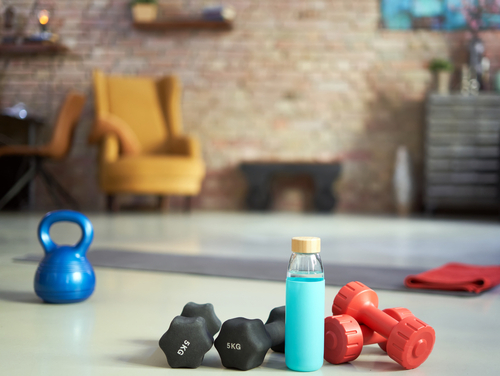Fasting during Ramadan can be challenging for nurses who have to work 12-hour shifts while abstaining from food and drink for about 16 hours, adding to this the high-stress nature of their jobs.
This write-up has 7 valuable tips that will help you make the best of Ramadan while being a fasting nurse.
Talk with your boss and coworkers

Start Planning for your shifts

If you have a night shift starting from (7 p.m.), you'll pray 3 or more prayers at the workplace (Maghrib, Ishar, and Fajr).
Set when and where you'll pray to arrange your work schedule upon this. You can ask others to watch the patients for a short period until you return.
Make an effort to communicate! But don't give excuses. Your coworkers are more considerate, supportive, and compassionate than you can believe.
Prepare healthy food

Ramadan is a great time to apply self-control skills that would help in work and personal life.
Don't overindulge at iftar; it will hinder praying and will make you lazy.
To optimize productivity, eat more carbohydrates. Select food that is high in protein, fiber, and potassium. Dry fruits like dates and peas will provide you with sufficient power, while potassium-rich bananas will keep them hydrated during the day.
Wholewheat bread and oats are a good option for Nurses who work on night shifts and don't have time to prepare their meals.
You can take your favorite cup of coffee but don't forget to brush your teeth. Your bad breath will make you less confident and let people stay away from you.
Don't ignore Suhoor

It would help if you also considered getting up at least 30 minutes before Fajr prepared your meal.
Do some exercise after Suhoor

Also, don't sleep again after Suhoor as this will make you feel sleepier at work.
Limit caffeine and drink more water

Caffeine-based beverages, such as tea, coffee, and cola, should be avoided because they serve as diuretics, causing water loss by urination. Going many times to the restroom will distract you more.
Be a role model

To Conclude,
As a nurse, Ramadan can be a golden chance for you to maintain good physical and spiritual health if you know how to plan it perfectly. It's not a month of being less productive. Besides, it shouldn't be dedicated only to religious practices. The abovementioned tips will help you balance between work and Ramadan effectively with no additional stress.







 2025-02-21
2025-02-21
 2025-01-23
2025-01-23
 2024-12-16
2024-12-16
 2024-12-09
2024-12-09
 2024-10-23
2024-10-23